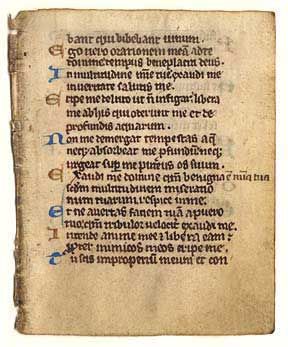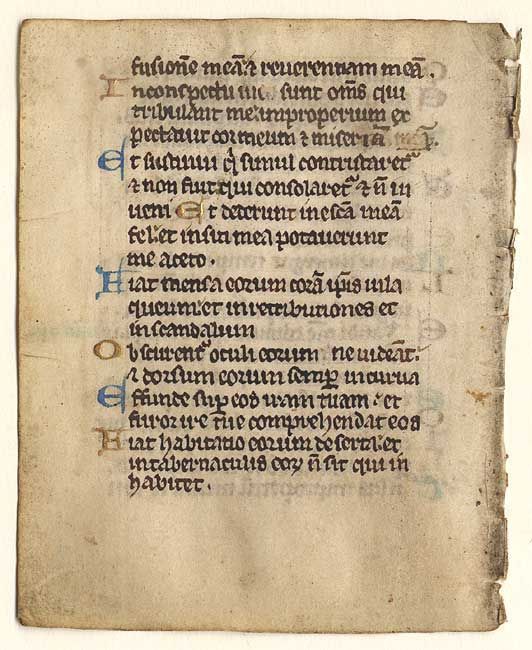Catalog Archive


Auction 106, Lot 601
"[Illuminated Leaf]", Anon.
Subject: Medieval Manuscripts
Period: 1250 (circa)
Publication:
Color: Hand Color
Size:
3.6 x 4.5 inches
9.1 x 11.4 cm
Download High Resolution Image
(or just click on image to launch the Zoom viewer)
(or just click on image to launch the Zoom viewer)

